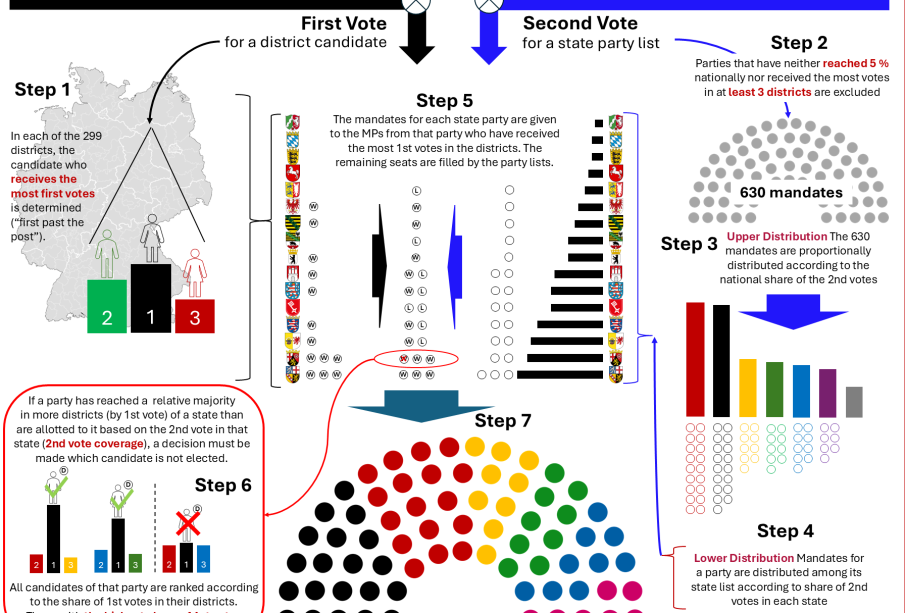Germany Elections: What You Need to Know

Introduction
The upcoming elections in Germany are drawing significant attention both domestically and internationally. Scheduled for 2025, these elections will not only determine the composition of the Bundestag but will also play a pivotal role in shaping the future policies of one of Europe’s largest economies. As Germany navigates key issues such as climate change, economic stability, and international relations post-COVID, these elections become crucial for the electorate and beyond.
Current Political Landscape
As of October 2023, Germany’s political landscape is characterized by a coalition government led by Chancellor Olaf Scholz, who represents the Social Democratic Party of Germany (SPD). Scholz’s government is a coalition of the SPD, the Greens, and the Free Democratic Party (FDP). Given the recent influx of pressing issues—including energy security amid the ongoing conflict in Ukraine and rising inflation rates—public sentiment is shifting. Recent polls show increasing support for conservative parties, particularly the Christian Democratic Union (CDU), which may indicate a potential shift in the political balance during the elections.
Key Issues in the Election
Among the most critical issues facing voters are climate policy, economic recovery post-pandemic, and immigration reform. Germany’s ambitious climate policy, aimed at achieving carbon neutrality by 2045, faces scrutiny amidst rising energy costs and demands for immediate job security in traditional sectors like coal and automotive. Moreover, economic forecasts are uncertain, creating anxiety regarding job stability and public welfare.
Another significant topic is the immigration policy, particularly in light of the refugee crisis stemming from conflicts in regions such as Ukraine and Syria. Political parties have differing viewpoints on how to balance humanitarian responsibilities with domestic needs, and this could be a deciding factor for many voters.
Conclusion
The upcoming Germany elections are anticipated to be consequential, not just for Germany, but for the entire European Union. As various parties gear up to campaign, the outcome will likely influence significant policies around climate change, economic recovery, and immigration. Voter engagement will be critical; with issues at the forefront of public discourse, turnout may significantly impact the final results. Observers expect that how candidates address these pressing issues will shape not only their electoral success but also the future direction of Germany in crucial global matters.









